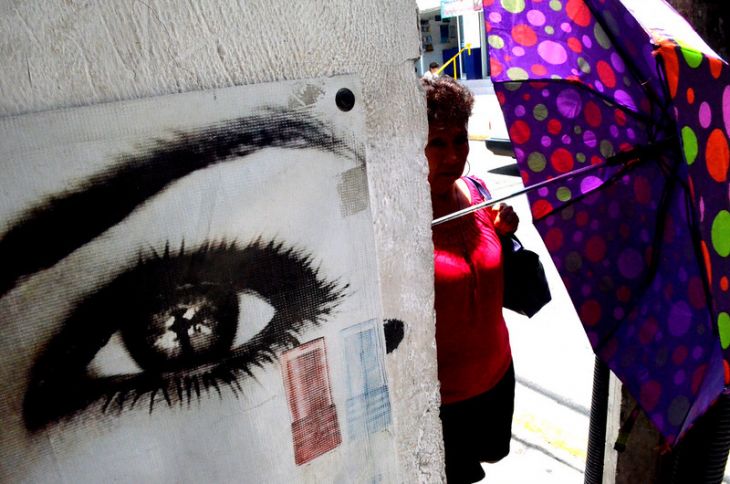George Orwell’s masterpiece “1984” introduced us to the concept of “Big Brother” – the government capable of monitoring each citizen’s movements, transactions and even thoughts.
Many refer to this as a symbol of the intrusive state seeking to control citizens in every aspect of their lives.
Technology has brought us further along this line of thinking than ever before, and, while I have never subscribed to conspiracy theories, I think that this should be a topic for societal discussion and deep reflection by legislators and voters alike.
Many countries already have a national card system in place as a way to prove one’s identity. When a centralized nationwide base of massive amounts of personal data exists, such information can lead to misuse by unscrupulous leaders.
The Canadian government, among others, is looking into digital currency as Canadians continue to shift from paper and coin to adopt digital transactions.
Many have expressed concern at the double usage of digital currency controlled by the Central Bank and a national id system that would create mega data bases recording people’s transactions, activities, locations, preferences, and, in the extreme, trustworthiness.
While this may seem farfetched to some, during the anti-vaxxer demonstrations in Ottawa the Canadian government froze hundreds of bank accounts belonging to those who refused to disperse.
Was this a sign of things to come?
China already has a system in place that does just that.
Through a system of incentives and penalties, this system aims to monitor, evaluate, and control the financial, social, moral, and potentially political behavior of Chinese citizens as well as businesses.
Benefits will be provided to trustworthy individuals, while those considered untrustworthy will face punishment. The Chinese government considers this system vital for regulating society and directing the nation’s economy.
According to FDI-China, the social credit system in China is a comprehensive framework consisting of interconnected components. It involves extensive data collection to evaluate behavior and assign credit scores. A reward and penalty mechanism incentivizes positive behavior while imposing punishments for low scores.
A publicity system promotes transparency, and enforcement measures ensure compliance through fines and penalties. These components together foster responsible behavior, maintain social trust, and encourage accountability.
Negative scores could lead to a lack of access to credit, an inability to travel of get a better job or even a job, lower priority to public services like health or education, and overall social stigma.
When one realizes the amount of data one posts on social media, provides to banks, credit card companies, and retailers, the marriage between data and artificial intelligence (AI) can create both a growing economy and a negative socio-political environment in which we may find ourselves trapped.
According to the United Kingdom’s King’s Think Tank, public administrations in the UK increasingly use AI to determine the allocation of social benefits: Judges uses risk assessment algorithms to determine a person’s innate ability for bail or parole, social media platforms use AI to optimize content moderation, and political actors use these platforms to engage in micro-targeting to more accurately spread disinformation and enhance the state’s surveillance on citizens.
Given the “black box” nature of artificial intelligence, and every government’s propensity for secrecy, civil society will have to develop the tools and skills to monitor government use of AI and ensure that the negative impact of its use does not outstrip the positive results that AI can yield.
While not one to engage in conspiracy theories, I do not believe that citizens can simply trust government to always do the right thing when it comes to allowing the melding of AI and consolidated personal data bases.
Keep reading: The US Republican Party’s Uncertain Future
Edición: Fernando Sierra
Proyectos realizados en el país tendrán incentivo fiscal de 30 % del ISR
La Jornada Maya
El célebre “Jefe Ratonero del Gabinete” ha servido a seis primeros ministros y se mantiene como figura entrañable del poder británico
Ap
El plan urbano propone una visión participativa y sostenible, abierta a ajustes mediante consulta ciudadana
Rosario Ruiz Canduriz
Comparsas, batucadas y carros alegóricos animaron el arranque; saldo blanco y amplia participación ciudadana
La Jornada Maya
